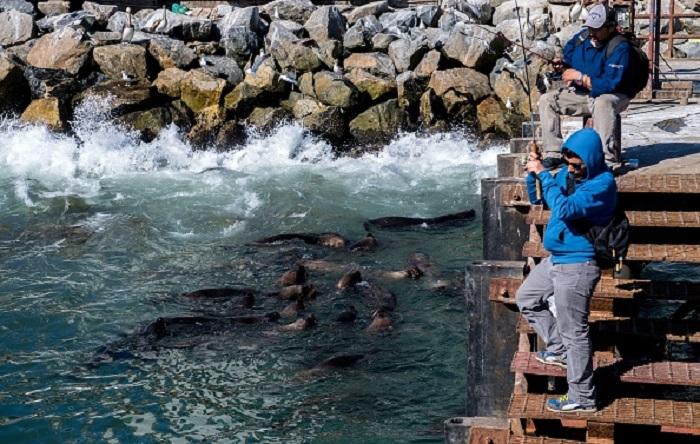ANCHORAGE, Alaska—A sea lion lunged onto a fishing boat off the Aleutian Islands last weekend, biting a crew member on the leg and trying to pull him into the water, officials said.
It marked the third time since 2017 that Stellar sea lions have bitten fishermen from the community of Sand Point on their legs.





